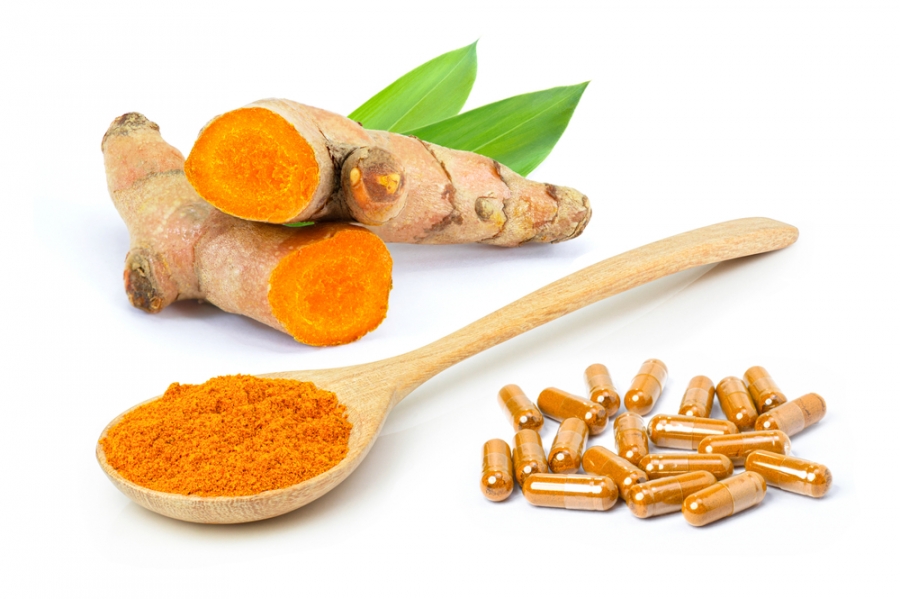Curcumin supplementation could be an effective supportive treatment in controlling the inflammatory state during obesity. According to a review recently published in Nutrients, in fact, this approach contributes to significantly reduce the production of inflammatory cytokines and increases the level of adiponectin in the plasma of obese and overweight subjects.
Obesity is accompanied by a chronic inflammation of low intensity that depends on the alteration of the normal functions of adipocytes, the cells that are the main component of adipose tissue. It must be said that the adipose tissue present in our body is of two different types to which correspond different functions. I refer to subcutaneous adipose tissue and visceral adipose tissue. The latter accumulates in the area of the abdomen where several internal organs such as, for example, liver, spleen and pancreas are located. This tissue has the property of actively producing and releasing several molecules, called adipocytokines, which have regulatory activity and can be pro- or anti-inflammatory. During obesity, the balance between these molecules is altered and the pro-inflammatory ones take over. Moreover, some of these factors are capable of attracting in the adipose tissue various types of immune cells that contribute to the appearance of the inflammatory state present in obese individuals.
From the intervention studies conducted on humans, it seems evident that curcumin is able to decrease the levels of inflammatory cytokines produced by the adipose tissue and circulating in the blood. Regarding dosages, different amounts have been used in the studies. Therefore, it is difficult to determine what are the sufficient and necessary daily doses to obtain the benefits brought. However, the intake doses of dried and pulverized rhizome should not exceed those set as safe by Efsa, that is up to 3 mg per kg of body weight per day, that is on average from 1.5 to 3 grams.
Despite much work, the molecular mechanism responsible for the reduction in inflammatory status shown in obese subjects using curcumin is still unclear. Moreover, the intervention studies we reviewed were conducted on both men and women, but the data were not evaluated separately for the two genders; this is a very important point to take into account, because the effectiveness of turmeric may also depend on an individual diversity, also influenced by gender, in the response to its consumption.
The message that can come from this analysis is that curcumin supplementation could be an adjuvant in the treatment of inflammation during obesity, however, many more clinical intervention studies conducted with standardized and controlled protocols are needed to have the definitive confirmation of this activity. Furthermore, it should be strongly emphasized that no amount of supplementation can replace a healthy, balanced diet accompanied by an adequate active life. An obese individual must first of all modify his lifestyle because only in this way can he achieve appreciable and lasting results in improving his health status.
source: https://www.mdpi.com/2072-6643/13/4/1222?utm_campaign=releaseissue_nut

